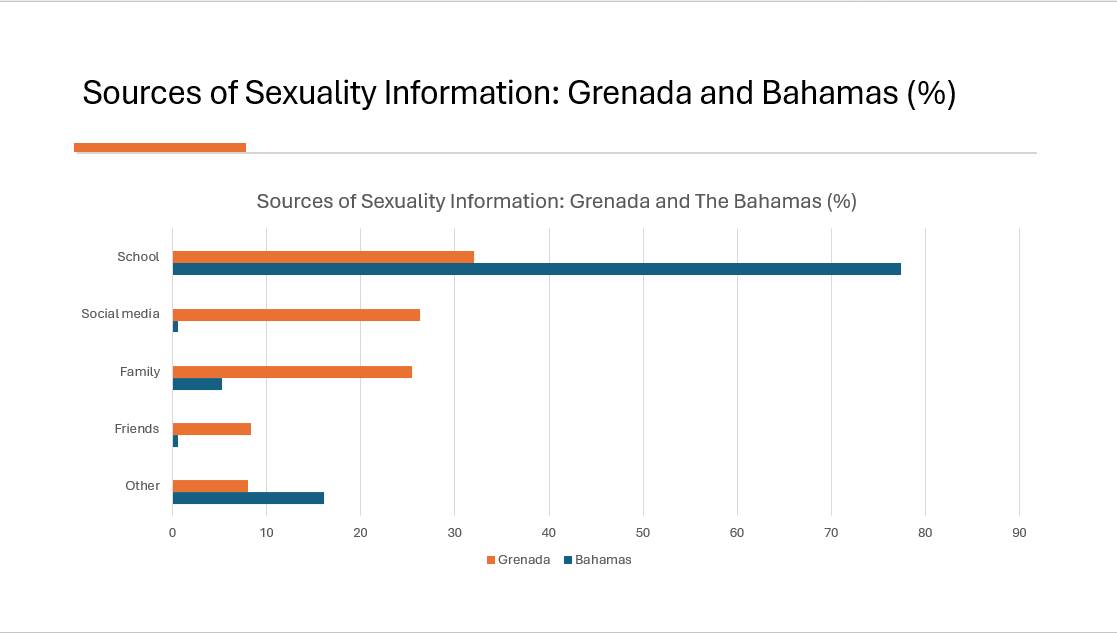The reluctance of Caribbean parents to engage in discussions about sex education with their children has emerged as a significant cultural issue, according to recent studies and surveys. In the Bahamas, where a well-established sex education program exists in public schools, a staggering 77% of women reported learning about sex from school, while only 5% cited their parents as a source of information. This trend highlights a concerning detachment among parents, who often defer to formal education systems. A similar survey conducted among older teens in Grenada revealed slightly more parental involvement, but still, fewer than half learned about sexuality through school instruction. Alarmingly, over a quarter of these teens turned to social media platforms like TikTok, YouTube, and ChatGPT for information, raising concerns about the reliability and appropriateness of such sources. Religious institutions, despite their influence in the region, were notably absent as a source of guidance. Adolescents consistently express a preference for learning about sex from their parents, particularly their mothers. However, cultural stigmas surrounding the topic have led to widespread avoidance and ignorance, leaving young people vulnerable. The Age of Civil Responsibility (ACR) Bill has been proposed as a potential catalyst for change, encouraging parents to shift from detachment to active engagement. Advocates argue that both school programs and parental involvement are essential for comprehensive sex education. The Grenada Planned Parenthood Association (GPPA) and Advocates for Safe Parenthood: Improving Reproductive Equity (ASPIRE) are calling for urgent action to address this crisis. They emphasize the need for collaborative efforts to equip parents with the tools and confidence to discuss sex with their children, aiming to increase parental engagement from below 6% to over 60% within the next year.
